I need tips on how you control different versions of you applications. At the moment I simple overwrite the same project every time I make changes. As my projects get bigger and bigger, this is becoming a problem for me. Is there a built-in function to correctly manage different versions of you program, and maybe even a simple form to fill out a change log, or should I simple just save the entire project in a separate folder each time?
-
4Use a source control. – bansi Dec 24 '16 at 17:45
-
7You're after source control. – Bugs Dec 24 '16 at 17:45
-
There's no reason to downvote this question. If you don't know what you're looking for, it's hard to search for the right thing. – Brad Dec 24 '16 at 17:53
-
1@Brad, downvotes are likely because it's not difficult to input _version control vb.net_ into Google. And even if that's not what came to mind there are a variety of searches that would lead to _source control_ eventually as it's widely used and Google is pretty intuitive now. Feels a little off topic for SO. – Bugs Dec 24 '16 at 18:06
-
2Of course it's not difficult to input "version control vb.net", because you know what version control is and you know what results are relevant. For someone totally new to this, even if they get close, they still don't know what is relevant and what isn't. It's a perfectly valid question, and completely on-topic for Stack Overflow. – Brad Dec 24 '16 at 18:40
-
1The words "version", "control", "vb.net" are all in the OP's question. I guess the comment "source control" is the answer but it certainly leaves more questions which will be "which source control is best" etc and that's opinionated. Either way the OP has their answer. – Bugs Dec 24 '16 at 18:57
-
This might seem like a very basic question for some of you, but I'm not native in english and I couldn't find the correct term for it. I have tried a few google searches with no luck - That's why I posted the question here! :) I know its very opinoinated, but do you have any good or bad experiances with a specific source control? Any suggestions for a newbie? Thanks for the help btw! – TobiasKnudsen Dec 24 '16 at 21:51
-
Now that you know what you need, you definitely can compare/research different source controls online – T.S. Dec 25 '16 at 00:21
2 Answers
In my opinion, the immediate answer would be to try TFS, because according to tags you are developing in VB.NET, and TFS is very well integrated in Visual Studio (which is logical since it's Microsoft's too).
The problem is, if you are completely new to this you should most probably set up the server side, and I don't think that is neither easy nor free...
Free/open source alternatives are Subversion and Git, they are widely used and documented. Subversion follows a client-server architecture (data is hosted in the server), while Git is distributed, meaning that it's the developers who actually host the data. This last option may suit you better if you are working alone. An useful link regarding this: Using Git with Visual Studio
Source control is a tricky and huge world, you should first learn the basics and the main concepts, after that a world of possibilities will open up to you. Good luck!! :)
Given you have a modern version of Visual Studio (2015 or 2017), you have an option for creating a Git repository in the right bottom of the New Project dialog.

If you already have a solution/project, you can right click the solution and choose Add To Source Control, and a git repository will be added in the same folder as your solution.

The Output window will give some information that is has been created (I created two new there this way (1) and (2) ), and now you will have access to the standard git commands for source control.
If you don't have a modern version of Visual Studio or are using some other tool, you can go command line. You then download git itself first from https://git-scm.com/download/win
Then go to your solution folder, and do:
Git init
This command will make your current folder into a full blown git repository.
To learn how to use Git (there are a lot of guides) , but e.g. start with https://backlogtool.com/git-guide/en/
For your use, as a single dev, you only need the basics.
- 1,979
- 15
- 14